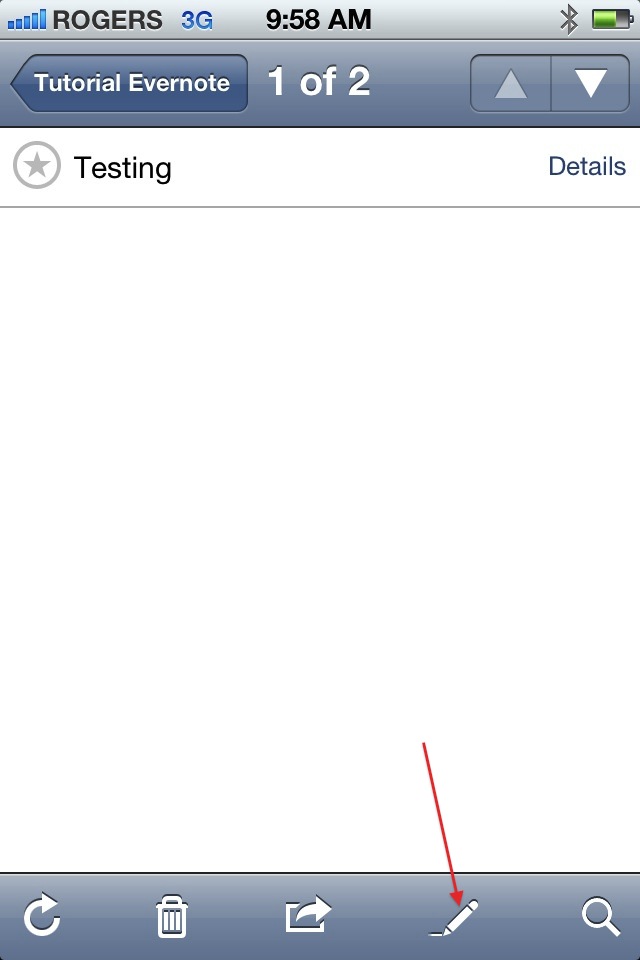
This is great since a large conference is usually a stumbling block to organized handouts because of the quantity of handouts received at once. National conference provide the complete syllabus electronically by default. Many genealogy societies now provide digital handouts to save on printing costs.

This should be something any genealogist (occasional or not) should be able to achieve.ĭigitizing the NewThe good news is getting new handouts into Evernote is quick and easy. Since this is a blog for Occasional Genealogists, those always short on time, we'll talk about digitizing as you go, mainly. If you have years worth of handouts you want to digitize, it is a much larger task. If you are fairly new to genealogy (or to attending genealogy events), the digitization step will be pretty easy.

If you have a perfectly functional way to keep and find your handouts, there's no reason to change but I don't know a lot of genealogists in that boat. Nearly all my current handouts go straight into Evernote and I use them so much more and I can usually find "answers" to questions much faster than I used to. I'm still working on getting years worth of handouts digitized (because scanning is almost as much fun as filing). I think it can be the solution for you, too. Having electronic files is better since you can search certain types of files but it can still be time-consuming.įor me, Evernote was the perfect solution for making my handouts a useable resource. Many will cover several topics but you may also want to find something from an event. There's also the question of how you will file and find handouts. It's hard enough to file your research documents (we all just LOVE filing, right?) so there's certainly little time left to file other papers. I was never able to keep up with my paper handouts. They are pretty much useless if you can't find them, though.

Lecture handouts may be one of your greatest at-home resources.


 0 kommentar(er)
0 kommentar(er)
